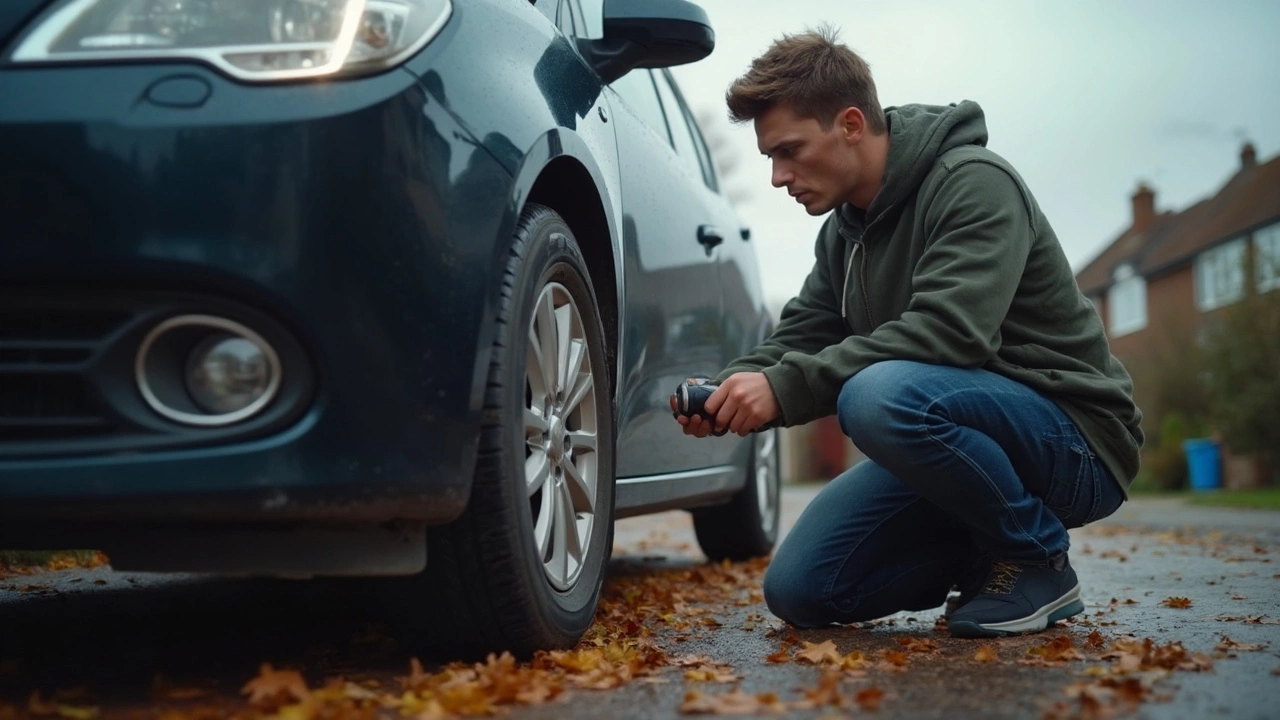Worn Brake Pads – Everything You Need to Know
When working with worn brake pads, brake pads that have lost enough friction material to affect stopping power. Also known as thin brake pads, they signal that the braking system needs attention before safety is compromised. Worn brake pads don’t just make your car feel mushy; they can damage other components, raise your stopping distance, and even trigger the ABS lights. Recognizing the signs early saves you from costly repairs and keeps you safe on the road.
One of the most reliable clues comes from brake wear indicators, small metal tabs that screech when the pad thickness reaches a critical level. When you hear that high‑pitched squeal, it’s time to inspect the brake rotors. Rotors that are scored or warped from prolonged contact with worn pads often need resurfacing or outright replacement. The relationship is clear: worn brake pads require rotor inspection, and rotor health influences overall brake performance. Choosing the right brake pad material – whether ceramic, semi‑metallic, or organic – also affects wear patterns and how quickly the pads reach the worn stage.
What Comes Next?
Below you’ll find a curated list of articles that walk you through the whole process: how to tell if your pads are worn, the pros and cons of different materials, when to resurface versus replace rotors, and step‑by‑step replacement guides. Whether you’re a DIY enthusiast or prefer a professional shop, these posts give you the facts you need to keep your braking system in top shape.

How to Tell if Brake Pads Are Bad: Easy Signs You Should Never Ignore
Apr 29 2025 / Brake PadsKnowing when your brake pads are bad isn't rocket science—you just need to know the real-life clues. This article breaks down the easy-to-miss (and hard-to-ignore) signs of worn brake pads, how they affect safety, and tips for spotting issues before they get expensive. Find out exactly what squeaks, vibrations, and warning lights really mean. You'll also learn some clever basics anyone can use to check brake health at home. Save your wallet and catch brake problems before they wreck your day.
VIEW MORE